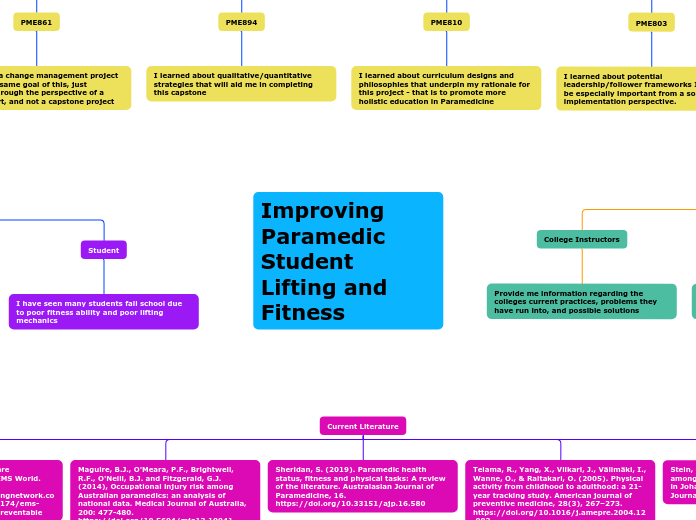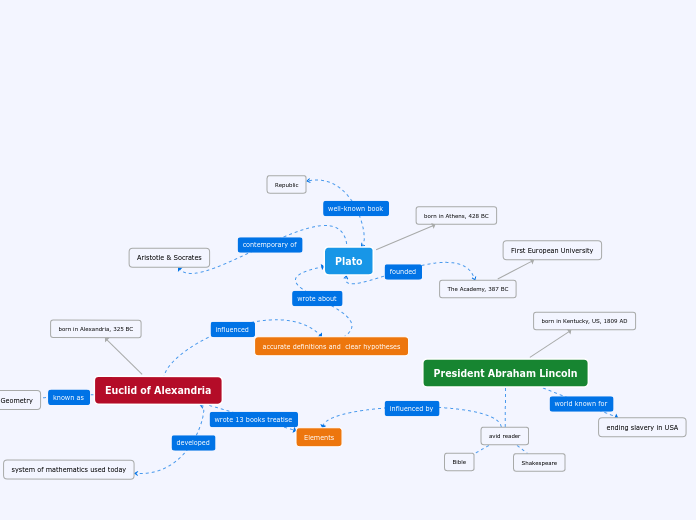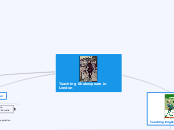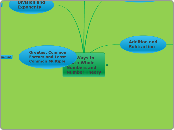jonka Carson Tipoff 2 vuotta sitten
177
Improving Paramedic Student Lifting and Fitness
An exploration into the health and well-being of paramedic students reveals several key areas of focus. Survey data from colleges highlight students' self-perceptions of their abilities and knowledge, alongside their views on current training and policies.









